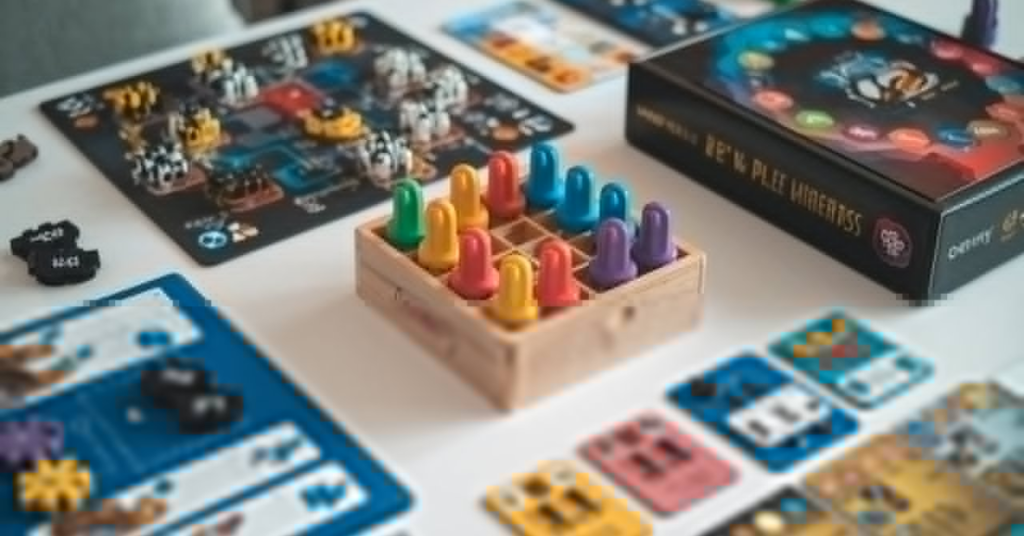In an unexpected turn of events, John Wick Hex a stylish, tactical action game based on the popular Keanu Reeves film franchise, has been pulled from all major platforms, including Steam, PlayStation, Xbox, and the Epic Games Store. The game’s sudden removal has sparked confusion among fans and raised serious questions in the gaming industry.
This blog unpacks what went wrong, what this means for licensed games, and how developers, publishers, and every game design company can learn from the fallout.
What Is John Wick Hex?
John Wick Hex was not your average movie tie-in. Released in 2019, the game took an unexpected route by offering a tactical, turn-based combat experience rather than a first-person shooter. Created by Bithell Games and published by Good Shepherd Entertainment, it quickly attracted fans for its clever mechanics and cinematic feel.
The game filled a unique niche. It invited players to think like John Wick rather than just shoot like him. The tactical format complemented the character’s calculated moves and brutal efficiency, offering fans a strategic thrill that aligned well with the franchise’s themes.
The Delisting Shock
On July 12, 2024, John Wick Hex was suddenly delisted from all platforms without advance notice. No early warnings. No countdown. Just a tweet and a short press statement announcing the game’s removal due to “license expiration.”
Fans quickly rushed to online forums, Steam discussions, and social media, questioning why the game was vanishing so abruptly. Some hoped it would return with updates. Others feared this was permanent, and they were right.
Licensing Woes
The main reason behind the game’s disappearance is tied to the expiration of licensing agreements. Bithell Games developed the title with permission from Lionsgate, the studio that owns the John Wick IP. However, like many licensed games, that agreement had a time limit.
This type of licensing is common but dangerous for longevity. Games based on movies, TV shows, or comic books are often bound by temporary contracts. When these contracts end and aren’t renewed, publishers are legally obligated to stop selling the game.
For any game design company, this is a critical warning: always account for long-term licensing implications in the game’s life cycle.
Read Also >>> Top 10 Nintendo Switch Games for Every Gamer
Digital Ownership Crisis
The removal of John Wick Hex brings up a broader issue digital ownership. Players who already purchased the game can still download and play it. But new users can’t buy it, and those who deleted it may not be able to re-download it from some platforms.
This leads to a loss of cultural history in gaming. The idea that a game can disappear forever is alarming, especially as more games become digital-only.
Any forward-thinking game design company must consider how to preserve access and player rights post-release.
A Pattern Emerges
John Wick Hex is not alone. Games like Scott Pilgrim vs. The World: The Game, The Amazing Spider-Man, and Transformers: Devastation were all pulled due to similar licensing issues. In some cases, like Scott Pilgrim, fan demand forced a re-release. But that’s not always guaranteed.
This trend exposes a broken system in the world of game licensing. Many well-loved games are disappearing due to red tape, not lack of demand or quality.
By examining these patterns, every game design company can better plan for licensing longevity and post-launch support.
Fan Reactions
Fans of John Wick Hex have voiced their anger and disappointment online. Reddit threads, YouTube retrospectives, and X (formerly Twitter) posts lament the loss of a unique title that never got the spotlight it deserved.
Interestingly, the game’s delisting has sparked a renewed interest in video game preservation. Gamers are calling for better archival solutions and even looking to emulate or mod delisted titles to keep them alive.
This underscores a need for game design companies to consider community involvement and support open preservation efforts whenever feasible.
What Game Developers Can Learn from This
The John Wick Hex incident offers a critical lesson: licensed IPs need long-term strategies. Game studios must carefully draft agreements that allow for contract renewal or continued sales beyond the initial term.
Also, developers should always maintain a backup plan for future access be it a DRM-free version, physical release, or clear communication with the player base about time-sensitive availability.
For any Game Design company, this event highlights the need for transparency, planning, and legal foresight during the early stages of development.
The Future of Licensed Games
This situation should prompt a re-evaluation of how the industry approaches licensed titles. Could there be new models for collaboration between studios and IP holders? Perhaps revenue sharing on evergreen sales or automated renewal clauses?
Moreover, we’re seeing a shift toward indie studios securing IP licenses. While that opens creative doors, it also increases risk if agreements are not airtight.
A game design company entering into a licensed project must do so with legal advisors, exit strategies, and a long-term business model in place.
Could John Wick Hex Ever Return? The Slim Chances
Is there hope for John Wick Hex to return? Technically, yes, but it’s complicated. Bithell Games or Good Shepherd would need to re-secure the rights from Lionsgate. That could involve renegotiating royalties, asset usage, or even rebuilding parts of the game to avoid old contracts.
While some fans remain hopeful, there’s been no indication that talks are underway. With newer John Wick games rumored to be in development, it’s possible the studio has moved on.
In the meantime, game design companies must treat this as a case study a reminder that no game is immune to the ticking clock of licensing.
Conclusion
The removal of John Wick Hex from digital storefronts is more than just a licensing hiccup it’s a wake-up call. In an era of digital-first gaming, we must rethink how we handle intellectual property, user access, and long-term preservation.
For developers, this means tighter contracts. For publishers, it means better communication. And for every game design company, it means building not just games, but legacies that can endure even when licenses expire.
John Wick Hex may be gone from the shelves, but its impact and its lessons remain.
Read More: Call of Duty Black Ops 7


